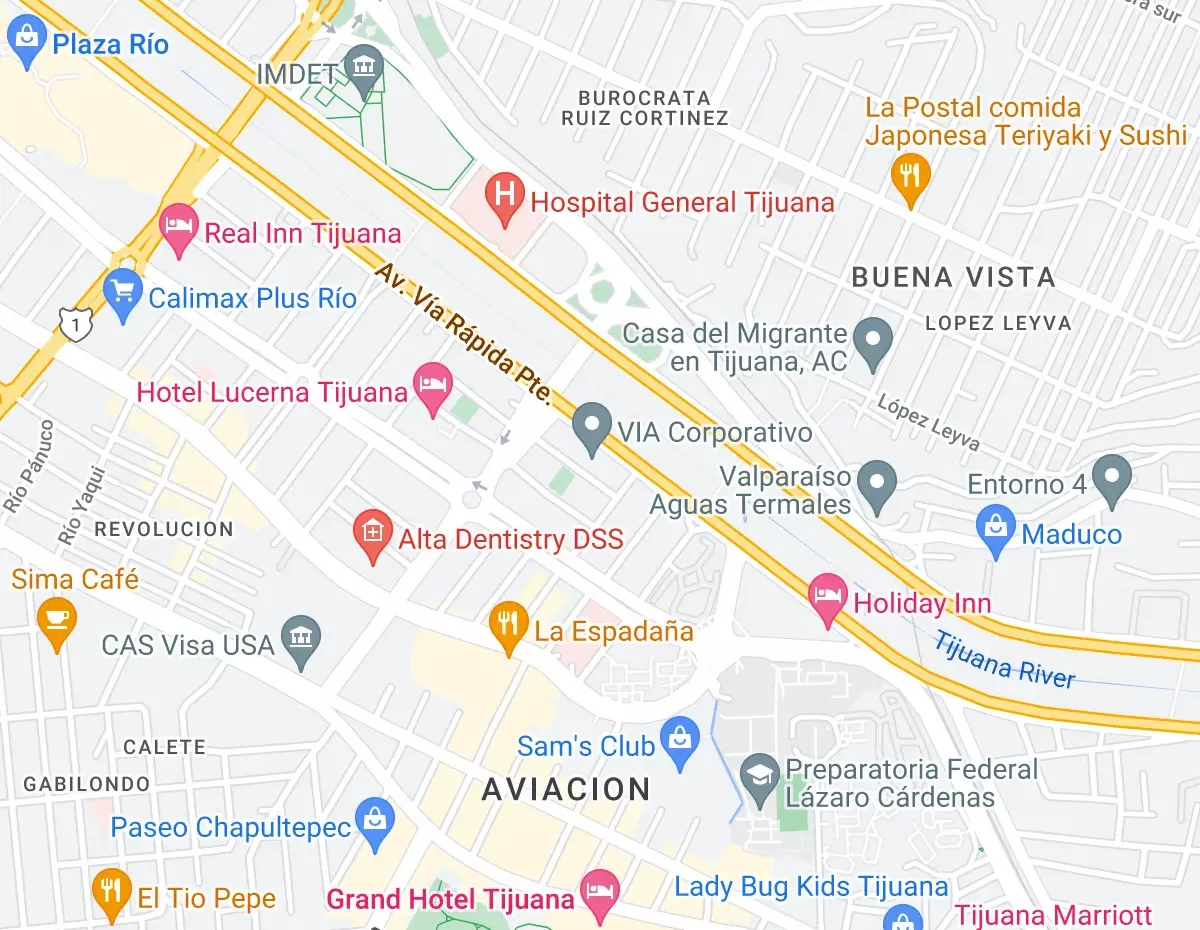Understanding Opioids Addiction & its Treatment
In the year 2019, almost 50,000 people lost their lives to the opioid addiction crisis, according to the National Institute of Drug Abuse. Over time, opioid addiction has become a national crisis. It affects public health, social, and economic welfare. The Center for Disease Control & Prevention reported that the national opioid addiction costs $78.5 billion a year. These statistics indicate the gravity of opioid addiction as a national crisis.
That is why; it is crucial to have a deep understanding of Opioids, abuse, and treatment option. This article will enable you to develop an integrated approach to tackle Opioid addiction, which is on the rise.
About Opioids
According to Johns Hopkins University Hospital, opioids belong to a certain class of naturally occurring drugs. These are found in the opium poppy plants. Opioids affect the brain and body in various ways. Pain relief is the prominent one. One must understand that opioids are prescribed drugs like painkillers. However, they are called street drugs as well, mostly referred to as heroin.
Sadly, this medication’s usage is abused. Because, for many people, opioids cause a highly soothing and relaxing effect, causing people to become addicted to opioids. This is the reason that 21-29% of the patients who are prescribed opioids misuse them. In addition, 8-12% of people using opioids for chronic pain develop an opioid use disorder.
That is why; one must be very careful with the prescription of opioids for pain relief. Let us now walk you through the major symptoms of Opioids addiction.
Symptoms of Opioids Addiction
Following are the major symptoms of opioids addiction. If you see these potential symptoms after opioids usage in yourself or any other person, you must seek help instantly.
Loss of interests and activities.
Constant Fatigue and sadness
Usual eating patterns
Mood swings
Irregular sleeping patterns
Erratic work schedule
Being overly energetic
Nervousness and being cranky
Let us now learn about the symptoms of opioids overdose.
Sleeping extremely and dizziness
Inability to talk
Dark-colored lips and blue skin in color
Making gurgling and snoring
Slow or shallow breathing
If you observe these symptoms in anyone around you, please seek instant medical assistance.
Guide to Treatment for Opioids Addiction
First, one needs to understand that opioids addiction can be highly hazardous and can take a toll on the patient's life. However, the situation is preventable with the right treatment approach, medical assistance, and professional care.
In case of opioids addiction, the first step is to consult a physician. Next, with the physician’s referral, consult a medical specialist in addiction medicine. One can easily find an addiction medicine professional from the resources of the American Society of Addiction Medicine (ASAM).
The professional can further prescribe some drugs and rehab as well. However, the patient's overall wellness needs to be taken into account. In this regard, Ibogaine Treatment has been proven to help. Moreover, it holds immense potential for treating a multitude of substance abuse and addictions.
Let us know more about Ibogaine Treatment.
What is Ibogaine Treatment & How it helps with understanding Opioids Addiction and its Treatment
Ibogaine Treatment is one of the most popular modes of treatment for opioids addiction and other kinds of opiate addictions. In essence, what it does is that it resets the neurotransmitters and other opiate receptors in the brain. Ibogaine naturally occurs in the Iboga plant and is found in South Africa. It is a psychoactive alkaloid extracted from the bark root of the Iboga plant.
Professionally supervised Ibogaine treatments have shown substantial effects in the case of opioids addiction. Ibogaine treatment renders life-changing experiences for patients suffering from opioids addiction.
Many rehabs and professional treatment entities provide effective Ibogaine treatment programs. The aim is to provide an enhanced and positive outlook of life to the patient. These programs ensure both mental and physical well-being for the people with opioids treatment. However, the dosage needs to be precisely controlled and professionally supervised.




